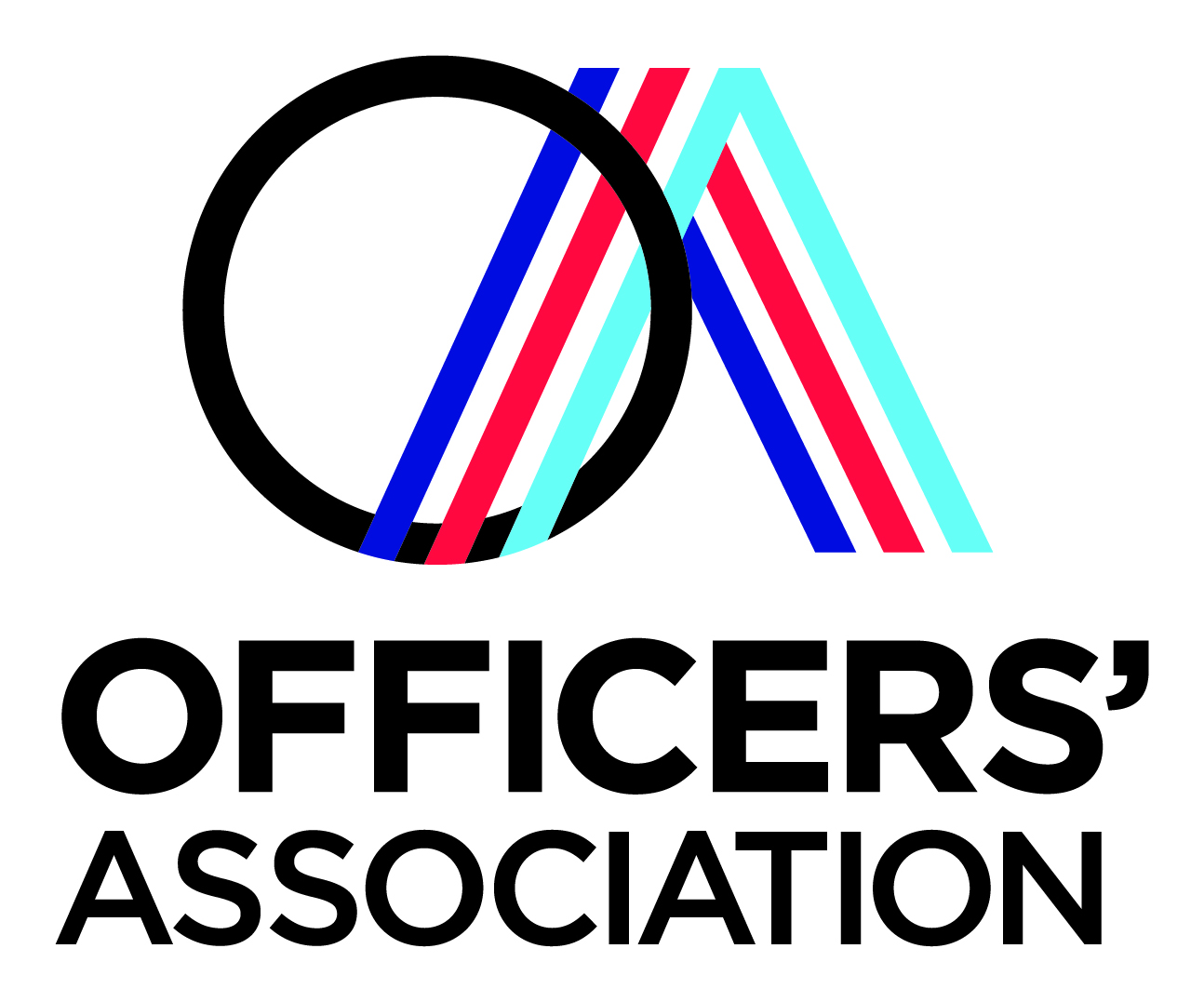Despite the importance of networking and LinkedIn, your CV remains an important document for anyone looking for work.
You have made the crucial decision to leave the military, and now need to focus on finding your new career. Sending a CV is often the first direct contact with an employer or recruiter, so be confident yours will impress. Here is a brief overview on how your CV can help to position yourself as a strong candidate.
Do I include my military experience?
The short answer is yes.
Your military experience has helped you to become a strong candidate for the civilian roles you are applying for. However, your CV must prove this, so consider what skills and experiences an employer wants and tailor it accordingly. Avoid long descriptions of your distinguished service. Instead, focus on your skills and achievements, using examples from your military career as evidence.
Avoid military jargon
Remember that few recruiters or HR specialists understand the military. Military jargon and abbreviations can be confusing, making it difficult to see your strengths. Make their task easier by avoiding military jargon and acronyms where possible. If you need to use a military term consider writing a short definition afterwards. Get a friend with no military connections to read your CV, and check it makes sense to them.
I before we
The Armed Forces depend on teamwork, which will benefit civilian employers. However, a CV is about your achievements – not those of your team. Use ‘I’ and avoid ‘we’.

















